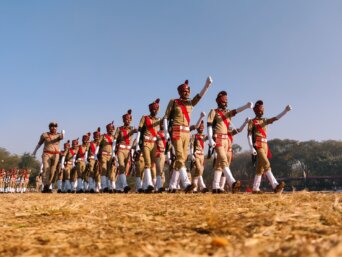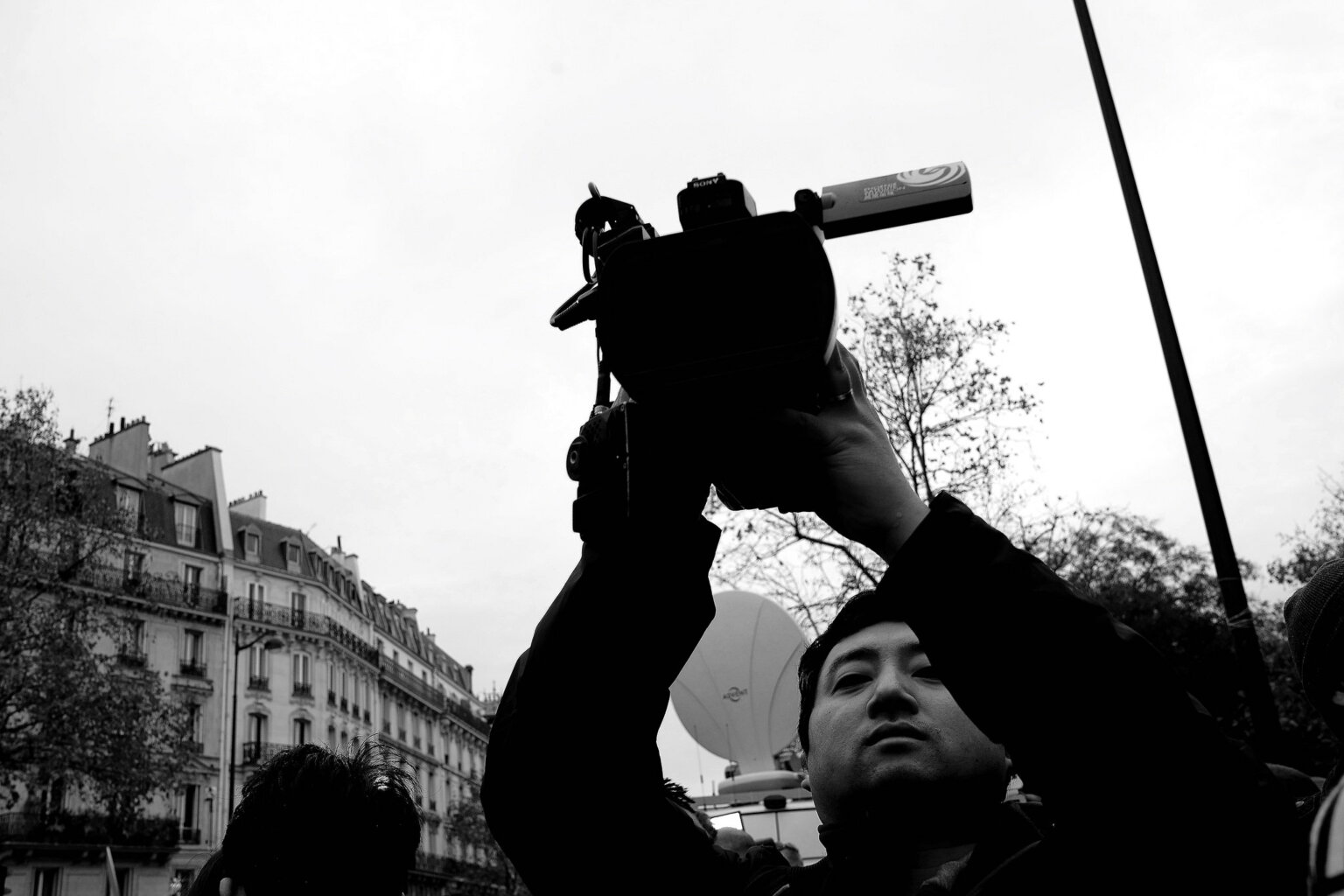- About
- Topics
- Picks
- Audio
- Story
- In-Depth
- Opinion
- News
- Donate
- Signup for our newsletterOur Editors' Best Picks.Send
Read, Debate: Engage.
| topic: | Freedom of Expression |
|---|---|
| located: | India |
| editor: | Tish Sanghera |
The recent incarceration of a state lawmaker for criticising Narenda Modi, India’s prime minister, in a tweet has again raised concerns about the health of the country’s democracy. Jignesh Mavani’s tweet accused the PM and leader of India’s Hindu nationalist Bharatiya Janata Party (BJP) for idolising Madhuram Godse, the man who killed Mahatma Gandhi in 1947.
The extreme-right blames Gandhi for the partition of India into India and Pakistan at the time of its independence. In the years since the BJP came to power, it has become more common to see Hindu-radicals celebrate Godse’s image, viewing him as a true patriot and champion of a non-secular Hindu India. On his birth anniversary in 2021, the Hindu Mahasabha, a right-wing group, opened a new library in his honour, lit candles, held prayer meetings and paraded his ashes through the BJP stronghold of Pune, a major city in Maharashtra.
In his tweet, Mavani labeled Modi as someone who “worships and considers Godse as God” and stirs up hatred between India’s Hindu-majority community and its muslim minority. He also demanded that the PM apologise for the communal violence that broke out in Gujarat, where Mavani is a member of the state legislature.
Soon after tweeting, police arrived at Mavani’s door and arrested him on the charges of disturbing “public tranquillity and peace.” Freedom of expression is enshrined in law under India’s constitution - however, the government has frequently used a colonial-era sedition law to target journalists and online critics of the regime and its practices.
The offending tweet was later taken down by Twitter upon the government’s request. It is this censorship by Silicon Valley which has many asking how Elon Musk’s pledge to protect free speech will work in a country where social media platforms have previously complied with law enforcement and the political leadership to retain market access. During the COVID-19 pandemic, Facebook revealed that it had blocked posts with the hashtag #ResignModi when citizens voiced their anger at the government’s handling of the crisis.
Ironically, the world’s largest democracy will be a litmus test for Musk’s belief that freedom of speech must reign supreme on the microblogging platform if he purchases it. How he deals with authoritarian regimes across the globe, and resists political pressure from the likes of Modi’s BJP, will indicate how far he can protect this essential freedom.
However, Musks’ commitment to freedom of speech also spells trouble for the West, where Musk will grant the right of unrestricted expression to accounts like Donald Trump’s and potentially allow the amplification of hate speech and targeted discriminaton.
For now it appears India will continue to pressure Twitter into complying with its requests for ad hoc censorship and blocking accounts that it views as critical and problematic for the government.
Last week for example, stand-up comedian Kunal Kumra, a well-known satirist and critic of the ruling party, was the latest to come under the government’s cyber-censorship. He posted a viral video of a child singing a patriotic song to the PM on his visit to Germany, but in which the song had been replaced by a parody that addressed the current issue of rising inflation that is severely affecting ordinary Indians. On cue, the National Commission for Protection of Child Rights (NCPCR) summoned Twitter’s India Director of Communications for not submitting an ‘action taken report’ against the comedian.
The Indian government’s stand towards Twitter will be unwavering - the platform will need to abide by local laws, regardless of its impact on Musk’s commitment to free speech.
Image by Mitul Gajera

